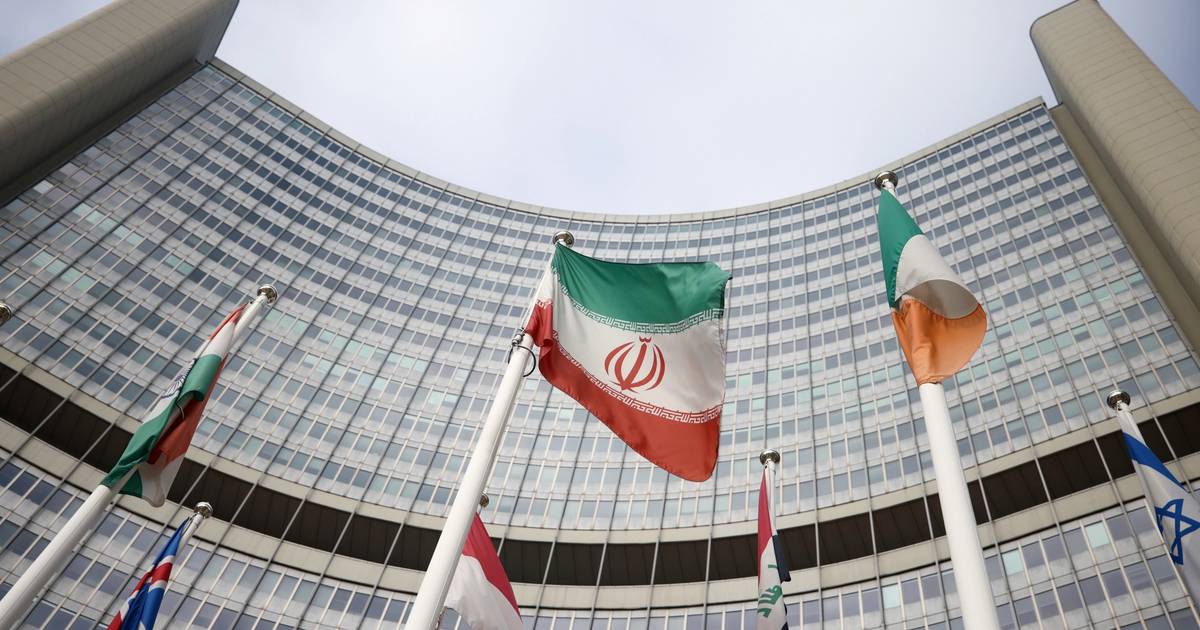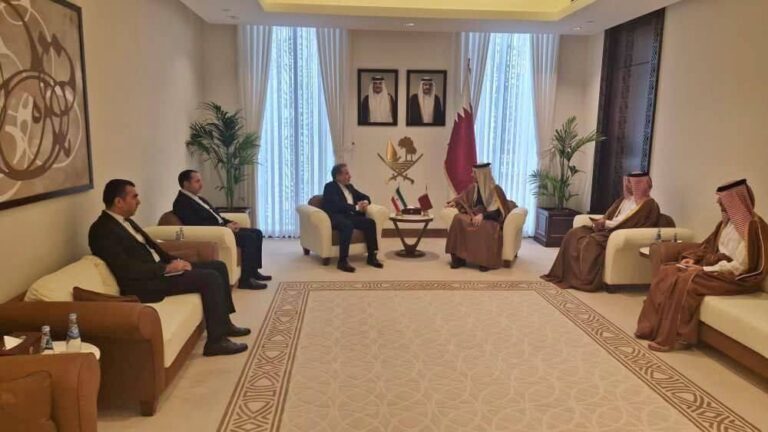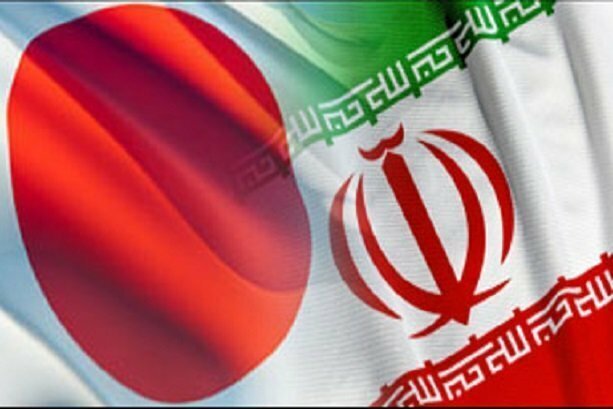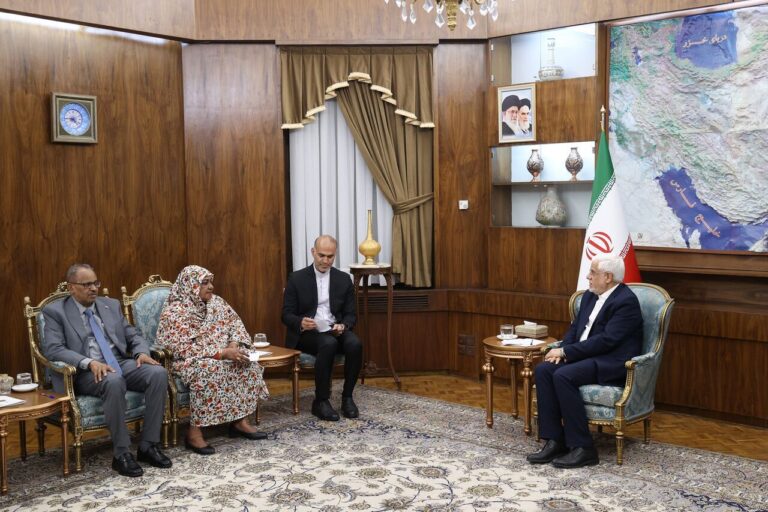Iran Deems UN Chief’s Nuclear Program Renunciation Request ‘Audacious’
In recent developments surrounding Iran’s nuclear ambitions, Iranian Foreign Minister Abbas Araghchi has openly criticized the UN Secretary-General’s call for Iran to renounce nuclear weapons. His remarks highlight Iran’s steadfast commitment to its obligations under global nonproliferation agreements, emphasizing the nation’s long-standing history with nuclear treaties.
On Thursday, Araghchi took to X (formerly Twitter) to articulate his views, pointing out that Iran has been a founding member of the Nuclear Nonproliferation Treaty (NPT) since 1968. He stressed that Iran’s Supreme Leader has issued a religious edict prohibiting all forms of weapons of mass destruction. Furthermore, he underscored the significance of the 2015 nuclear deal, known as the JCPOA, which he described as subjecting Iran to “the most intrusive inspection regime in IAEA history.”
Araghchi stated, “This is a permanent and clear commitment which Iran has remained committed to—even after the US unilaterally withdrew from the deal in 2018.” His comments were made in response to UN Secretary-General Antonio Guterres, who urged Iran on Wednesday to rebuild relations with its neighbors and the United States by showing a clear commitment to halt nuclear weapons development.
Speaking during the World Economic Forum in Davos, Guterres emphasized the critical nature of the relationships between Iran, Israel, and the United States. He described these ties as a central challenge due to the lack of diplomatic relations between Iran and its two long-standing adversaries.
In defense of Tehran’s nuclear program, a senior Iranian official asserted its importance for national security. Behrouz Kamalvandi, the spokesman for the Atomic Energy Organization of Iran (AEOI), stated on Monday that the nuclear program acts as a deterrent against potential international threats. He mentioned, “Over the years, adversaries have tried to weaken Iran’s progress in this field and entangle the country in international conflicts.” These statements were made during a military conference in Tehran, illustrating the ongoing debate within Iranian political circles regarding the nation’s nuclear strategy.
The issue of Iran’s nuclear program remains contentious among Iranian politicians. Notably, hardliners within the government have previously advocated for the pursuit of nuclear weapons as a means of deterrence, especially in response to perceived external threats. Following recent Israeli airstrikes on October 26, Javan, a newspaper affiliated with the Islamic Revolutionary Guard Corps (IRGC), called for a reassessment of Iran’s nuclear stance, suggesting that the nation explore the development of nuclear arms as a potential countermeasure.
Here are some key points surrounding the current discussions about Iran’s nuclear program:
- Iran’s Historical Commitment: Iran signed the Nuclear Nonproliferation Treaty in 1968 and has maintained a commitment to its terms.
- Religious Edict: The Supreme Leader of Iran has issued a fatwa against the development of weapons of mass destruction.
- Intrusive Inspections: The JCPOA agreement subjected Iran to extensive inspections by the International Atomic Energy Agency (IAEA).
- US Withdrawal: Iran’s commitment to the nuclear deal persisted even after the US’s unilateral withdrawal in 2018.
- Nuclear Program Justification: Officials argue that Iran’s nuclear program is vital for national defense and deterrence.
As these discussions continue, the global community watches closely, aware that developments in Iran’s nuclear policy could have far-reaching implications for regional and international security. The tension surrounding Iran’s nuclear ambitions remains a critical topic, and the debate within Iranian political circles reflects broader concerns about national security and geopolitical stability.
Ultimately, the path forward for Iran, the United States, and its regional neighbors will require careful diplomacy and dialogue, particularly as calls for nuclear disarmament clash with national security imperatives.






